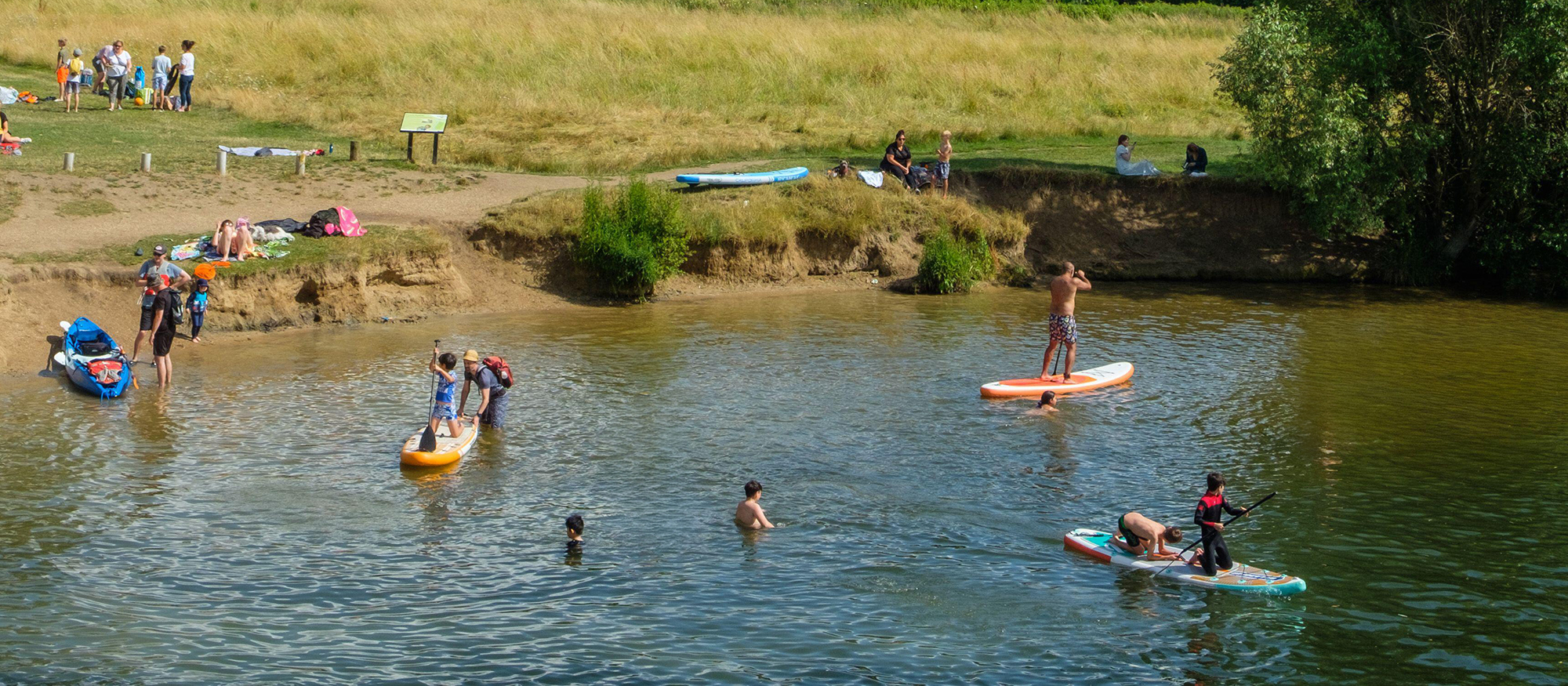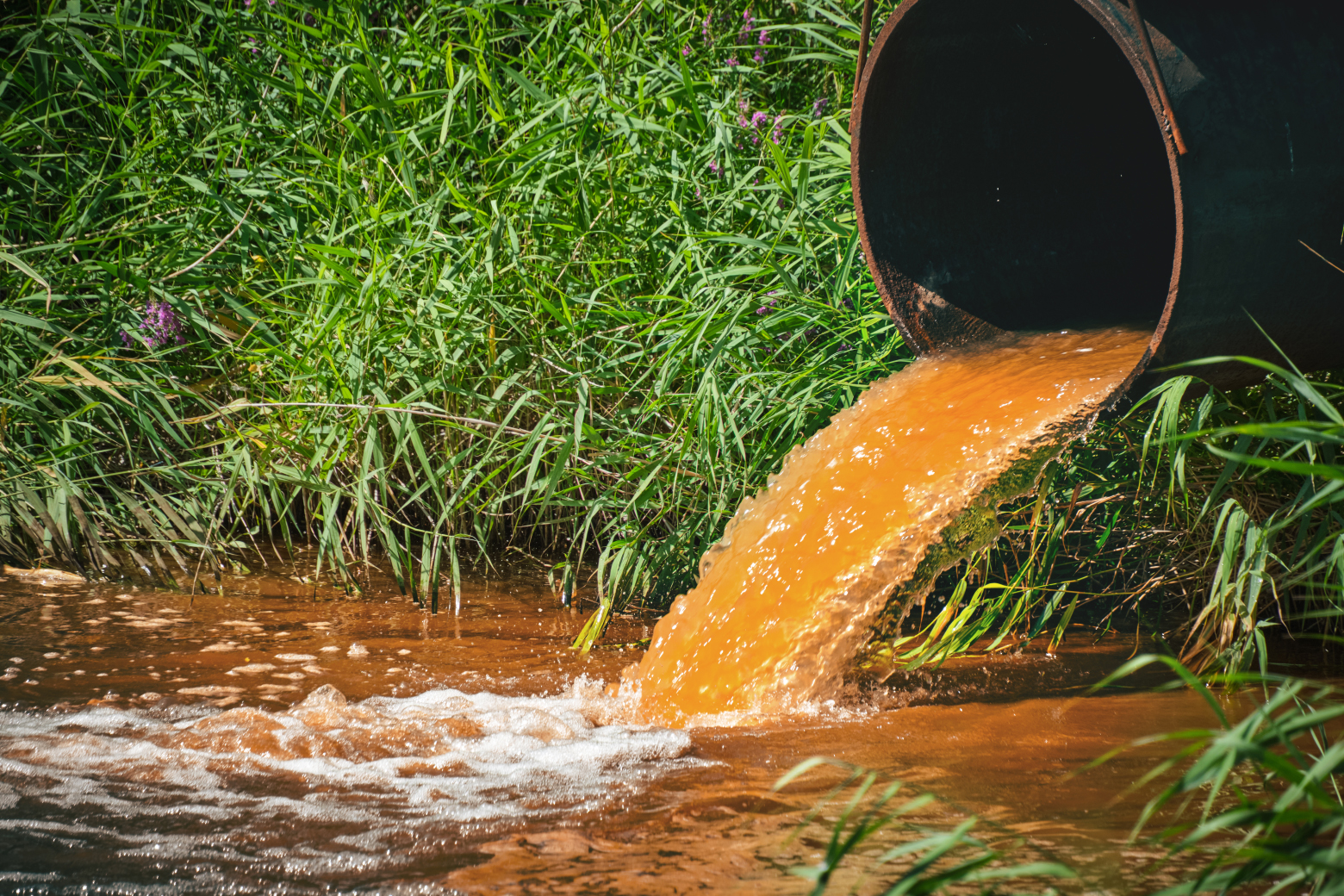
Sapphire: using AI to improve river and bathing water quality
As one of the finalists for the Manchester Prize, our goal is to develop an AI tool to help alleviate water pollution stemming from storm overflows, agriculture, and urban areas.
The state of health of the UK’s rivers and bathing waters has become a matter of public concern in recent years. Urbanisation and changes to rainfall patterns attributable to climate change are expected to exacerbate the problem, placing additional strain on existing drainage infrastructure.
In response to this critical challenge, Sapphire aims to help reduce water pollution from storm overflows, agriculture, and urban spaces. By integrating observed data and computer model outputs into an AI platform, Sapphire will provide faster results and incorporate data on more sources of pollution than traditional methods. This will enable water companies to better understand the impact of storm overflows and manage flows more effectively, ultimately leading to improved water quality across the nation.
Bringing clarity to operational decision making
The increasing urbanisation and changing rainfall patterns due to climate change have placed greater pressure on the UK’s wastewater networks, consequently impacting water quality in our rivers. It is imperative that we address this issue with urgency and innovation. Sapphire has been specifically developed to address the pressing challenge of water pollution from various sources. The use of AI in water quality management has the potential to revolutionise the way we approach environmental challenges. By harnessing the power of AI, we can make sense of the vast amount of environmental data being collected, thus bringing new clarity to operational decisions.

A proactive approach to addressing water pollution
This is particularly crucial in the context of storm overflows, where the severity and frequency of storms, exacerbated by climate change, have caused thousands of sewage spills, presenting a complex challenge to control and predict. Sapphire aims to deliver a solution by utilising AI to analyse and interpret environmental data in a way that is not only rapid but also actionable. By producing rapid, actionable forecasts, our tool will significantly increase the opportunity for early intervention in addressing water pollution. This proactive approach to water quality management will enable water companies to make informed and timely decisions, ultimately leading to improved water quality in our rivers and along our coasts.
Short-term and long-term benefits
In the short-term, Sapphire will use rainfall forecasts to predict whether these events will cause spills from wastewater networks, and whether water quality will fail thresholds, enabling preventative measures to be taken. It will also help with attributing pollution events to other sources. Taking a long-term view, Sapphire will aid with the design of upgrades to infrastructure by simulating future performance with different rainfall scenarios.
We believe that Sapphire could play an important role in improving water quality, drawing on our expertise and the advances in computer modelling and AI. We hope our tool will enable water companies to better understand the impact of their storm overflows and manage flows more effectively, as well as bringing insight into other sources of pollution; ultimately this knowledge will enable cross-cutting measures to be taken by stakeholders across all relevant sectors and industries. We need to look at pollution in a holistic way, so that everyone can work together to improve the environment, and Sapphire gives us an objective way to do that.

Looking to the future
The state of health of the UK’s rivers and bathing waters demands urgent attention and innovative solutions. The impact of urbanisation and changes to rainfall patterns as a result of climate change has only intensified the challenge. Sapphire, represents a pioneering solution to this pressing issue. By integrating observed data and computer model outputs into an AI platform, Sapphire will provide faster results and incorporate more sources of pollution than traditional methods, ultimately contributing to better water quality across the nation.
Want to know more?
Contact our project lead


